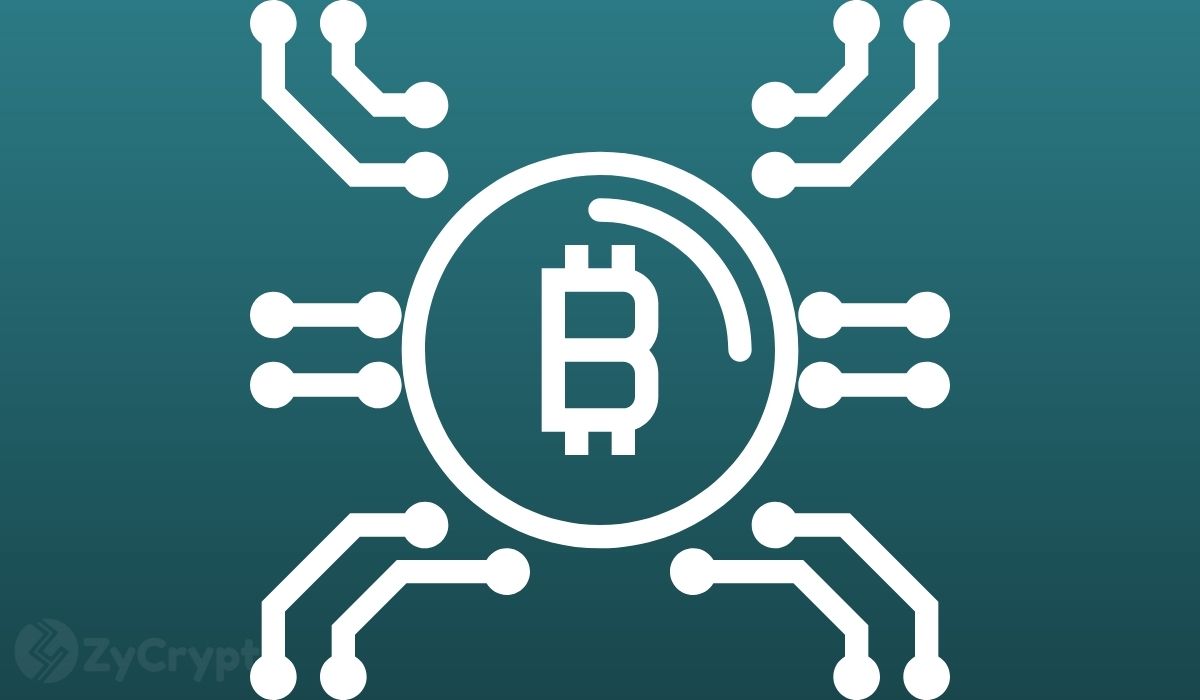
El Salvador, the first nation to adopt Bitcoin as legal tender, has purchased more BTC shortly after striking a financing deal with the International Monetary Fund that stipulated narrowing the scope of its experiment with the flagship cryptocurrency.
With each new BTC buy, the Central American country’s financial future becomes increasingly tied to the fortunes of a highly volatile crypto market.
El Salvador Buys More BTC
El Salvador has continued to aggressively accumulate Bitcoin.
The Latin American country’s National Bitcoin Office wrote in a Jan. 20 post that it had added 11 Bitcoins, worth over $1 million, to its holdings.
The announcement follows El Salvador promising the International Monetary Fund that it would scale down its BTC adoption in exchange for a $1.4 billion loan back in December 2024, with the IMF demanding El Salvador make the private sector’s acceptance of Bitcoin voluntary and reduce the public sector’s involvement in “Bitcoin-related economic activities.”
At the time, Stacy Herbert, the head of El Salvador’s National Bitcoin Office, revealed that Bitcoin would remain legal tender in El Salvador and that the government-issued Chivo wallet would be wound down.
El Salvador’s Bitcoin Journey
President Nayib Bukele, the architect of the nation’s Bitcoin adoption, has frequently advocated for crypto as a means to economic independence and innovation. His strategy for the El Salvador government to add 1 BTC daily to its treasury underscores his long-term commitment to integrating Bitcoin into the nation’s financial framework.
El Salvador made Bitcoin legal tender alongside the U.S. dollar in September 2021 and has since faced objections from the IMF. The global lender in 2022 asked the nation to stop recognizing BTC as a legal tender, citing risks to financial stability despite acknowledging the potential for improved financial inclusion. However, the IMF admitted in August 2024 that many of the risks of the BTC experiment “had not yet materialized.”
“While many of the risks have not yet materialized, there is joint recognition that further efforts are needed to enhance transparency and mitigate potential fiscal and financial stability risks from the Bitcoin project,” the organization said.
On Oct. 3, 2024, the IMF renewed its call to El Salvador to scale back its Bitcoin policies.
In addition to its direct acquisitions, El Salvador has also invested in Bitcoin mining using the country’s ample volcanic geothermal energy. Since 2021, the nation has mined over 474 Bitcoin.





















